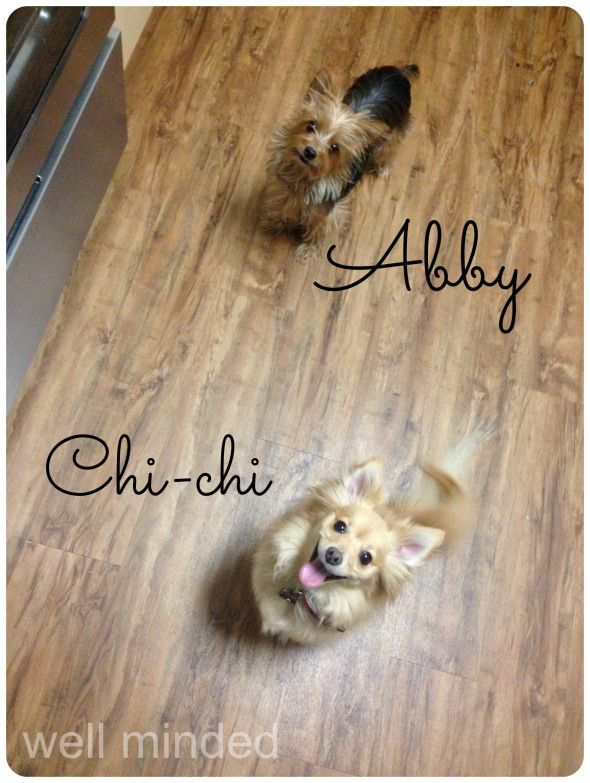I seek out sources of nutrition that can prevent and remedy common pet issues and support holistic pet care, preferring the natural route whenever possible. Fall is here, so what better time to break out the pumpkin for our pets? Canned, natural, unsweetened pumpkin, pumpkin seeds, and cooked fresh pumpkin offer several health benefits to dogs and cats.
What are the benefits of pumpkin for our pets?
• Supports digestive health. Pumpkin is a great source of fiber for dogs and cats and can help with both constipation and diarrhea. You can add a tablespoon or two to their food each day to keep them regular.
• Anal gland support. Some dogs and cats are more susceptible than others to anal gland issues. Adding pumpkin to your pet's diet can help the anal glands naturally express. Years ago, I had a dog who had to have his anal glands surgically expressed because they had become so impacted. After the fact, I learned about how pumpkin could help. I began adding it to his dinner, and he never had anal gland issues again.
• Weight loss. Helping your pet maintain a healthy weight is essential to his health. If your pet is overweight, you may consider replacing some of his kibble with pumpkin. Pumpkin is low in calories and full of nutrition. Your pet will feel full and satisfied even though his calories have been reduced.
• Helps maintain urinary health. Pumpkin seeds and pumpkin flesh are high in essential fatty acids and antioxidants that are believed to support urinary health. You may consider adding pumpkin to your pet's diet if he has urinary issues such as incontinence or urinary tract infections.
• Skin and fur maintenance. The essential fatty acids and antioxidants found naturally in pumpkin helps your pet maintain a healthy coat and skin.
• Cancer prevention. Pumpkin is a great source of Vitamin A, beta-carotene, iron, and potassium, all of which are thought to reduce the likelihood that your pet will develop cancer.
These benefits can be achieved with just a small amount of pumpkin. Be careful not to feed your pet too much, as excess amounts of Vitamin A can be toxic. Be sure that the pumpkin you feed your pet is free of sugar and spices (you don't want to feed your pet canned pumpkin pie filling, for example). As with most things, moderation is key. Most dogs love the taste of pumpkin and consider it a treat. Cats can be more finicky about it (shocking, right?), but it's certainly worth a try. Some felines think it's divine!
You can add pumpkin directly to your pet's food, or you can include it in homemade treats. here are a handful of recipes to get you started:
Peanut Butter and Pumpkin Dog Treats
Gluten-free Dog Treats with Pumpkin
Pumpkin Cookies for 4-legged Friends
It is recommended that you consult your pet's veterinarian before changing your pet's diet.
Do you include pumpkin in your pet's diet? What's the verdict?
This article, written by me, originally appeared on Hybrid Rasta Mama, for whom I create original content. It has been reposted here with permission.








